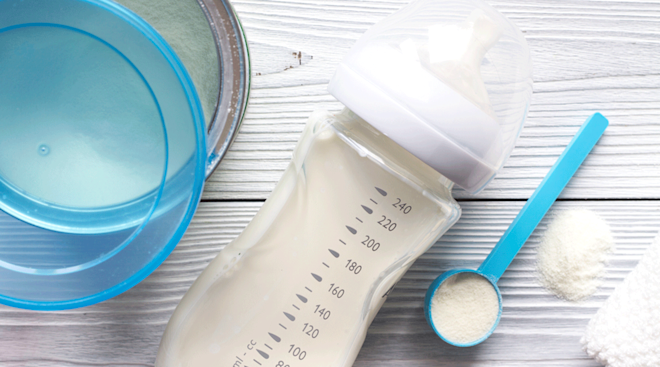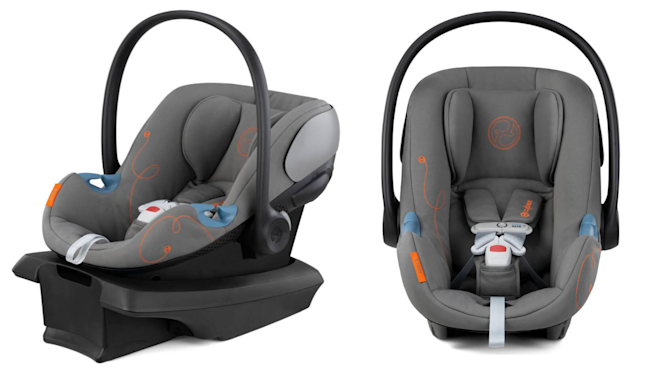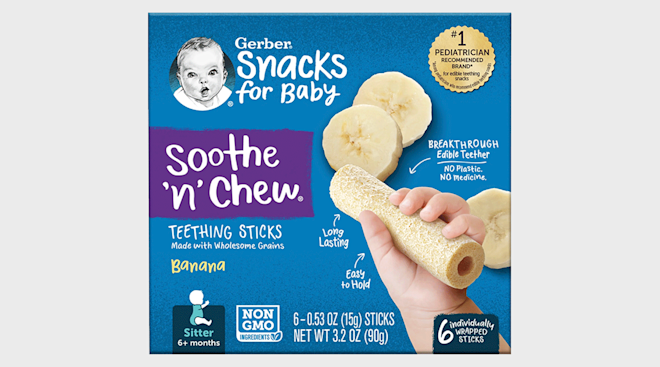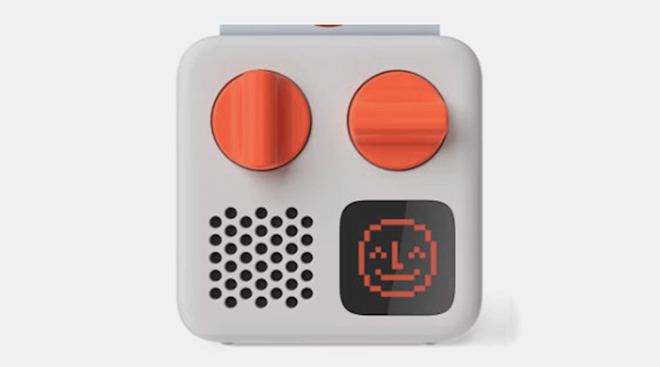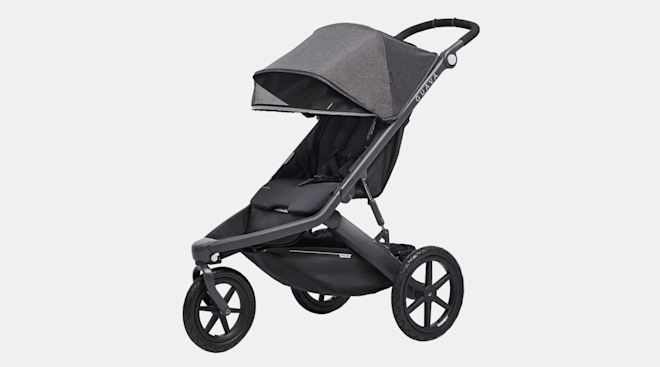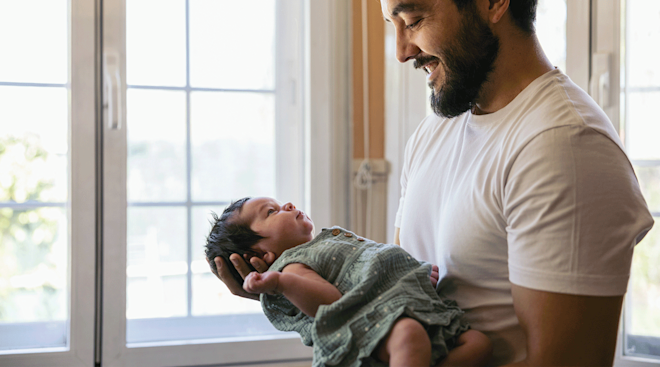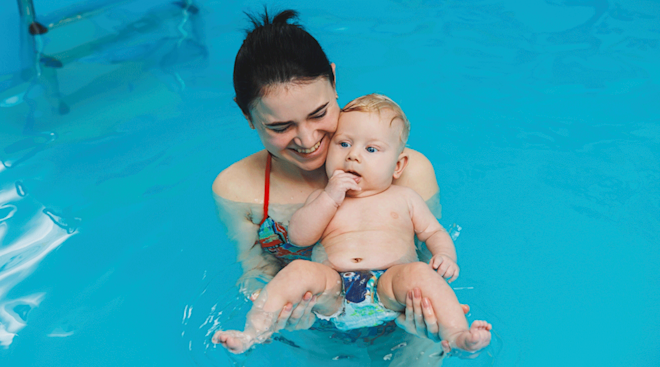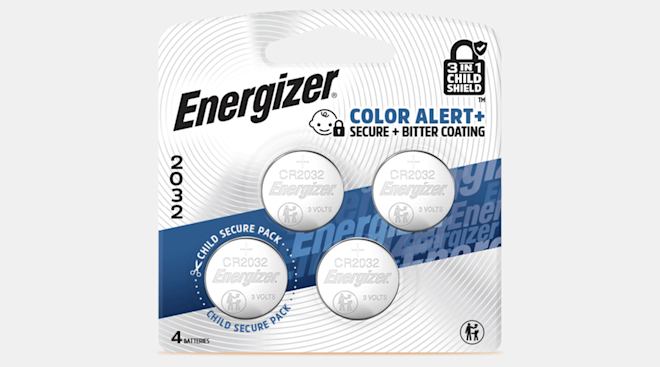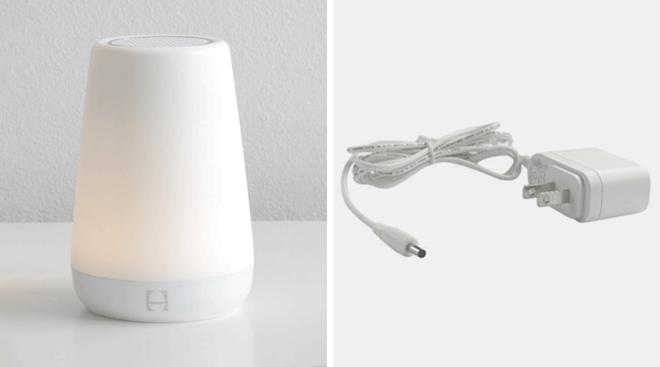How to Protect Kids’ Online Privacy in the Age of ‘Sharenting’
A photo of your newborn’s first day home. Pics from meeting the grandparents. Snapshots of the first steps, first foods, first haircut. We get it: You’re bursting with parental pride and want the world to see how amazing your little one is. But for your child’s safety, it’s important to stop and think before putting those photos online. That’s because you could be sharing more than a sweet snapshot of baby’s milestone. These photos might give away personal information (like your address or the preschool your child attends) and more. And photos aren’t the only problem. Read on for everything you need to know about protecting your child’s Internet privacy.
Social media is now a huge part of our lives, so it’s no surprise that sharing parenting moments online—aka “sharenting”—is super common. In fact, a recent survey found that 30 percent of parents post a photo or video of their child at least once a day.
It may seem harmless to plaster your Facebook wall or Instagram account with cute baby pics, but what you share could harm your child for a number of reasons. Here, some of the top sharenting concerns:
The risk: Giving away personal information
We go through so many measures to protect our kids from danger, whether it’s doing background checks before hiring a babysitter or installing home security systems. But when it comes to the Internet, it’s common for parents to ignore online privacy safety steps. For example, a cute back-to-school photo taken in front of your house could give away your home address, or a birth announcement that mentions your little one’s name and birth date could put your child at risk of identity theft.
The risk: Giving strangers access to images of your child
You don’t want your photos to get into the wrong hands, says Russell Schrader, executive director of the National Cyber Security Alliance. One concern is digital kidnapping, where people post photos of another person’s child to their social media accounts as if that child were their own. And horrifying but true: An Australian study found that 50 percent of images shared on pedophile sites came from social media.
The risk: Embarrassing your child
A friendly Internet privacy PSA for all parents: What’s posted online lives online forever. Tweeting about every moment of your child’s life—especially embarrassing or intimate moments—could come back to haunt your kid in the future, says Caroline Knorr, senior parenting editor at Common Sense Media. Consider it today’s equivalent of your parents pulling out the family album, naked baby bath photos and all, when you introduced them to your new girlfriend or boyfriend. Except this time, those bath pics can be seen by everyone online. Yikes.
Now that you know about the online privacy dangers that can come with sharenting, take these steps to keep your child’s information safe on the World Wide Web.
Use privacy settings
If you’re not ready to completely give up sharing photos or posts about your child, make sure you have privacy settings enabled to limit the number of people who can see your posts, Knorr says. Even better, create a closed group (for example, one for family or one for your mommy group) and only post updates about your child there. But keep in mind that even when privacy settings are turned on, people in that group can still save or screenshot images for their own use. And if your child is in your profile photo, it’s visible to everyone online.
Think before posting a pic
Before you press “share,” think about what you’re posting and ask yourself if there’s anything in the image that could give away sensitive personal information. “Parents need to take care that personally identifiable information isn’t included in photos or posts. This includes birth dates, geotags, visible home addresses, school uniforms, financial details or passwords,” says Gary Davis, chief consumer security evangelist at McAfee, a computer security company.
Talk with family and friends
“People may have well-meaning friends and family who upload photos of your children to their own public accounts without thinking through whether there’s sensitive information being shared,” Davis says. That’s why it’s a good idea to ask friends and family to avoid posting photos of your child online, or at least to get your approval before doing so. “These candid conversations and clear rules can help avoid unwanted situations where a family member has shared photos without explicit permission,” he says.
Create strong passwords
Like with anything you do online, it’s a must to use strong passwords on your social media accounts to avoid hacking. You should also create passwords for baby monitors and connected toys, which can also be hacked, allowing people to listen in and collect information about your child, such as their name, school and location.
Remember: While you were able to create your own social media accounts and decide what to (and what not to) post, your child will grow up in a world where their online presence exists before being able to walk or talk, starting with that first shared baby photo. So don’t leave your tot with an online trail that could cause problems down the road. “Stop, think about who you’re sharing with and what you are sharing—and then consider what your child will think about this post later in life,” Schrader says. If there are any concerns, just don’t press the share button—simple!
Published October 2018
Please note: The Bump and the materials and information it contains are not intended to, and do not constitute, medical or other health advice or diagnosis and should not be used as such. You should always consult with a qualified physician or health professional about your specific circumstances.
Plus, more from The Bump:
Navigate forward to interact with the calendar and select a date. Press the question mark key to get the keyboard shortcuts for changing dates.


































